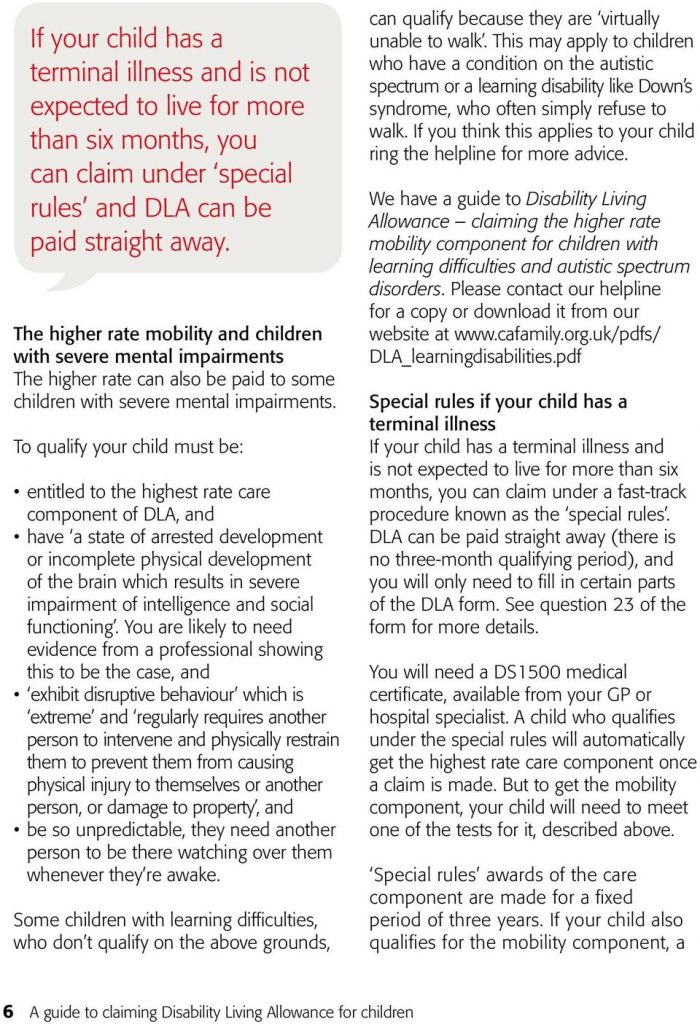Disability Care Allowance is a UK non-contributory benefit. It is payable to disabled members of the family who are cared for for more that 35 hours per week and for more six months. It was introduced as Invalid Care Allowance in 1976; later this year it was extended to include care recipients of all ages In home care services Melbourne. Anybody can be a beneficiary, regardless of whether they have a disability or a physical one. It could also be a parent or partner, a child, grandparent, or any other relative.
How Does the AVA Disability Care Allowance Work?
The condition doesn’t require that the applicant has received benefits from any other source before applying. Previously, invalid benefits could only have been claimed from the Employment & Support Jobseekers Scheme. Under the new regulations, any disability care allowance claim can be made from either the Job seekers’ scheme or the Job centre plus one of the following: the Citizen’s Allowance, Job center plus regional insurance, or the Independent Care Allowance. These last two can be applied for by the Central Office for Disability, previously known as the Citizen’s Benefits Corporation.
How Does the AVA Disability Care Allowance Work?

There are three types to disability care allowance: public, private, and general. General will be available to all who aren’t receiving Employment Benefits. They could include workers receiving a wage or a salary in the private and public sectors, retired personnel, children or young people undergoing training or apprenticeships. General will not cover the parents of such individuals, nor their dependents, nor people receiving income support or other incapacitating payments such as benefits awarded through the Armed Forces pension scheme. It will not cover the spouse and civil partner of an aged care provider registered with the relevant authorities.
How Does the AVA Disability Care Allowance Work?
The personal assistance allowance is the second type. This allowance covers the personal care component of the service being provided. This can be a domestic or professional care component, or any other services required to provide appropriate accommodation or aid the person in mobility or getting around an area. It does NOT cover meals, shopping assistance, or health care costs related to medical conditions. If an owner of an establishment that provides personal care to someone becomes temporarily incapacitated, they can apply to receive an additional personal assistance allowance to cover that period. They are not eligible for this additional allowance if they are unable to return to work for the agreed-upon period.
The national insurance is the third type. This insurance is for individuals and families who require greater care than that offered under the personal assistance allowance. Once the cost of such care has been met by the national insurance, it will be paid out. There is no limit to the number of times you can apply to an insurance policy that meets your needs. However, there is a cut-off point – once your income reduces to the point where you would be considered to be in extreme financial need, you may no longer be eligible to take out the insurance.
If you have a serious financial need or an extreme financial need, you may consider becoming an extra or full-time provider of care allowances. This will ensure that you can keep up with the payments for your personal care allowance and help meet any additional costs for wheelchairs, walkers or scooters, etc. You can also try to raise funds to buy an accessible van, or other wheelchair user vehicle, to replace your current one.
The Disabled Childcare Allowance provides additional funding to carers in providing care for children who are suffering physical or mental health problems. Carers must be registered nurses or home caregivers to provide care for such children. A copy of the Disability Care Allowance certificate must also be provided by their employing agency. The certificate states that they have met the eligibility criteria for the carer’s allowance. Once you become eligible for the carer’s allowance, you will receive an amount determined by the Australian Government, depending on the ages of the children involved, as well as other factors. You will not be able to claim the disability care allowance until you have reached the age of eighteen.
Until you log on to the AVA website, you may not be aware of how much you are eligible for. If you are qualified for the disability care allowance but find that you do not qualify for more, you can always appeal for more money. It is important to remember that this allowance does not have to be paid back. It is intended to be a supplementary income for those on benefits, or for families or individuals who find it difficult to pay for personal care, but meet the eligibility criteria for the disabled child care allowance.
